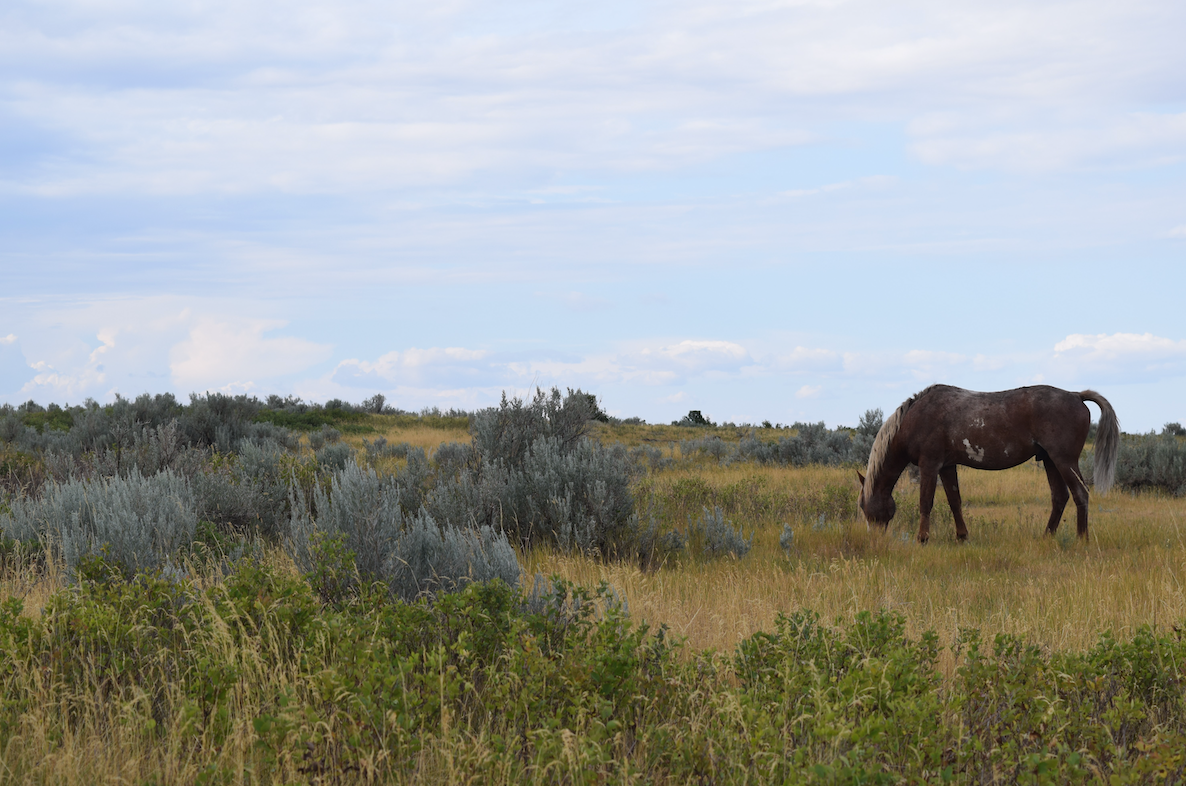How to effectively supplement trace minerals for horses
June 8, 2021

Ideally, horses should get all of their nutrition from grass and other plants as they roam and graze over large areas of land. In the real world, however, this just isn’t feasible in most situations. Therefore, commercial feed and supplement companies have stepped in to fill in the nutritional gaps that result from the modern-day domesticated lifestyle of horses. This is especially important when it comes to providing sufficient protein, vitamins, and minerals.
While it’s true that forages do contain some trace minerals, it’s usually not enough or provided in the correct ratios. Feeding a commercial feed product with added minerals or a vitamin and mineral supplement for horses can help to correct any nutritional imbalances or deficiencies.
However, when it comes to deciphering labels, horse owners may be unsure which forms of trace minerals are best for their horse.
What are trace minerals?
To back up a little, let’s discuss what minerals are exactly. All minerals are molecules, also known as elements, that come from the earth. They are essential to the wellbeing of all living things, including horses, and help to make up many important parts of the body including blood cells, muscles, bone, and soft tissue. Minerals help with many vital processes in the body such as energy production, metabolism, and muscle contraction.
There are two main classes of minerals needed by horses: trace and major minerals. Trace minerals are only required in small amounts, especially when compared with major minerals. You will also sometimes hear them referred to as microminerals.
Trace minerals are usually present in the horse’s body and in the diet at levels less than 0.01 percent (100 ppm). In feeds and supplements, you will usually see them expressed as ppm: parts per million.
The trace minerals that all horses require in their diet include:
- Copper
- Zinc
- Manganese
- Selenium
- Cobalt
- Iodine
- Iron
Many trace minerals can be found in grass and hay, but the only way to know the exact amounts is by having your forage tested. The most commonly deficient trace minerals in the equine diet are copper, zinc, iodine, and selenium*, but this will vary, depending on where you live or where your hay is sourced.
*Selenium can be toxic if overdosed, so it’s best to have forage or blood levels tested before supplementing.
Inorganic vs. organic trace minerals for horses
Inorganic trace minerals are bonded to an inorganic molecule. That is, a molecule that doesn’t contain carbon. You will often see inorganic minerals listed as sulfates or oxides on the feed or supplement label.
Other inorganic minerals are listed as:
- Carbonates
- Halides
- Nitrates
- Nitrides
- Sulfides
- Phosphates
Inorganic trace minerals are fairly easy to produce, and therefore, come at a lower cost to consumers. For many years, inorganic trace minerals were standard in most horse and livestock feeds. They still are, in some instances.
Though inorganic minerals can be incorporated into living tissue, they aren’t fully absorbable and usable by the animal. This means that a portion of inorganic minerals simply pass through the horse, coming out in urine and feces. In some cases, this can be detrimental to the environment.
Organic, or chelated minerals for horses, on the other hand, are chemically bonded to a molecule containing carbon. Because carbon is the primary component of all living things, this makes organic minerals naturally more absorbable and usable by the animal. This is known as bioavailability,and the more bioavailable a mineral is, the lower the concentration that will be needed in the diet.
Organic minerals come in just three forms: hydrocarbons, salts, and organic acids, but you will usually see them listed on feed or supplement tags as chelates or proteinates. Chelation is the process of attaching a mineral to an amino acid or another organic component in order to make the mineral more bioavailable.
Trace mineral ratios and interactions
Another factor that can affect the bioavailability of trace minerals (and some major minerals) has to do with their ratios in the diet. For example, too little copper can impair the uptake of iron. Another example: too much zinc can decrease the bioavailability of copper. Because these ratios can be easily thrown off in the diet, it’s best to leave trace mineral supplement formulations up to the professionals.
Trace minerals in digestive supplements for horses
Because trace minerals are important in many bodily processes, digestion and metabolism included, we’ve included 100% organic forms of zinc, copper, manganese, and cobalt in our Athletic Formula. This supplement also includes probiotics, prebiotics, digestive enzymes, and vitamins, making it the optimal power booster for your performance horse.

